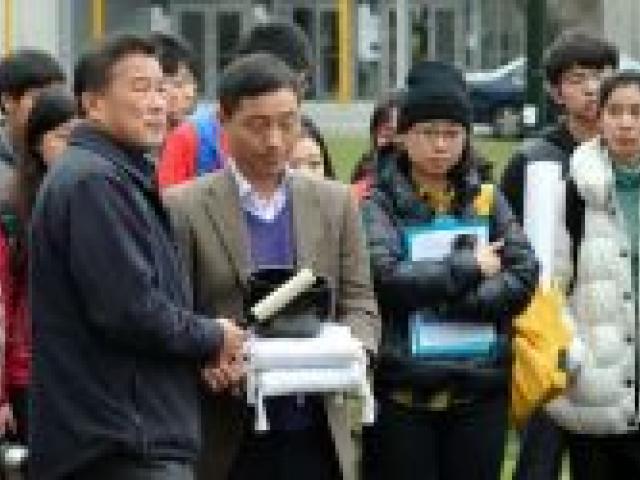
New Zealand should use its influence at the United Nations to promote nuclear disarmament more vigorously and to limit the spread of nuclear weapons, says Prof Richard Jackson, acting director of the University of Otago's National Centre for Peace and Conflict Studies.
Prof Jackson, speaking on Hiroshima Day yesterday, said New Zealand was widely respected internationally for its anti-nuclear stand, including the sending of a protest frigate to Mururoa Atoll.
But nuclear weapons were continuing to spread, and nuclear tensions were also apparent in more places, including between Pakistan and India, and involving North Korea, he said in an interview.
New Zealand had begun a two-year term as a member of the UN Security Council, and more needed to be done.
''Greater efforts need to be made to make sure that in no situation would the use of these weapons be contemplated.''
Prof Jackson yesterday helped to co-ordinate a peace vigil, attended by more than 80 people, beside the peace pole at the Otago Museum Reserve, to mark Hiroshima Day.
Members of Dunedin's Japanese drumming group O-Taiko performed, and a gong was struck to mark the dropping of the first nuclear bomb on Japan on August 6, 1945, 70 years ago.
Kati Huirapa runanga upoko David Ellison recalled, as a young child, first hearing that a nuclear bomb had been used, and said he was now helping to campaign against nuclear weapons.












